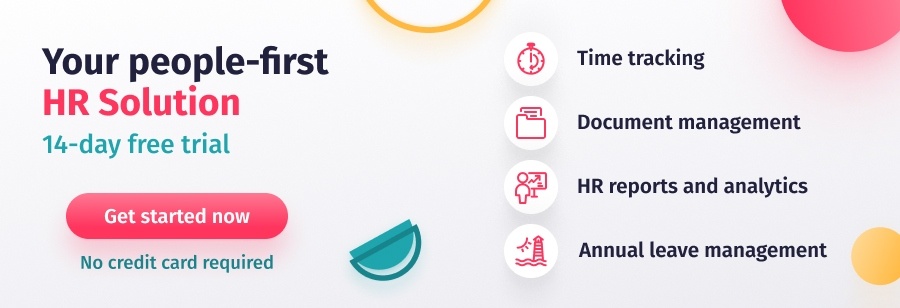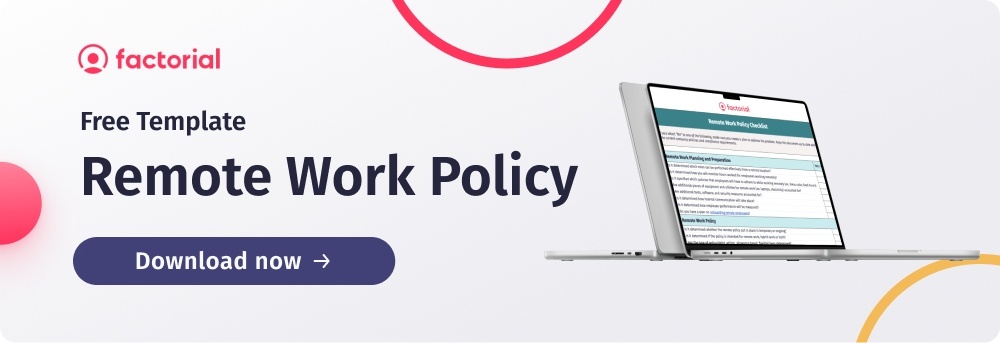When the pandemic struck more than three years ago, no one could have foreseen how it would change the face of modern work. Before covid, the number of workers in the UK that had worked from home at some point during the last seven days stood at 12%. Today, even as businesses try to encourage employees back to the office, it stands at 40%.
Working from home was more of a success than anyone imagined it would be. Employees reported better work-life balance, greater flexibility, and increased motivation amongst other benefits.

Growing Backlash Against WFH
Criticism against working from home has been increasing in recent months, especially since well-known company leaders have openly shared their concerns.
Tesla’s CEO and staunch campaigner of returning to the office, Elon Musk, recently hit out at remote workers during a CNBC interview, branding them “morally wrong”.
His opinions come as no surprise after he gave Tesla staff an ultimatum last year, forcing them to quit or return to the office full-time. He claimed the basis of his controversial decision was fairness: why should “people building the cars, servicing the cars, building houses, fixing houses, making the food, making all the things that people consume” have to go to work when the so-called “laptop classes” don’t?
Musk’s critics defended WFH, claiming it brings flexibility and opportunities for many people, including parents, those with care responsibilities, those who are unable or can’t afford to live in cities, and those with disabilities and allowing them to work when previously it would have been impossible.

Are These Groups Benefitting From WFH?
ONS data recorded between September 2022 and January 2023 found that, on top of the 40% of the workforce that had worked from home in the last seven days, 28% were hybrid, splitting their time between the office and home, and 16% of the workforce still work solely from home.
But the data also revealed that the highest rate of home workers were white Londoners with degrees earning over £50,000 annually. Working from home was slightly more prevalent in parents with dependent children, and there was no significant difference for people with long-term illnesses or disabilities.

Dangers of a Forced Return
More and more businesses are ready to have people back in the office, with 54% reporting actively trying to encourage employees back in. Yet, this is at odds with what employees want, and mandating a return could see some serious negative repercussions.
A KCL survey found that 25% of respondents would quit if forced back to the office full-time. Other reports say it could breed disengagement, fear, and distrust. More than that, employees want flexibility and autonomy, and when talent competition is fierce, businesses need to meet these needs.
Teams want to be empowered to choose how, where and when they work so that they can prioritise their work-life balance. However, they also want to be social and feel included – all things missing from the home office environment.
Is This the End of WFH?
While, of course, some professions have to be done on-site, working from home is one of many ways employers can be flexible with their teams and achieve the same benefits that working from home brings. A choice of start and finish times, annualised hours, job sharing, part-time opportunities, and compressed hours are all policies that can give employees more autonomy and a better work-life balance while boosting motivation and productivity.
One thing’s for sure, backlash or not, businesses and employees must tread carefully as they work together to find a new status quo.


